
To which self grasp? Of yesterday? Yesteryear or more? Thee steadfast or thee who lapses? How much peripheral, of what core? To which self grasp? And what for?
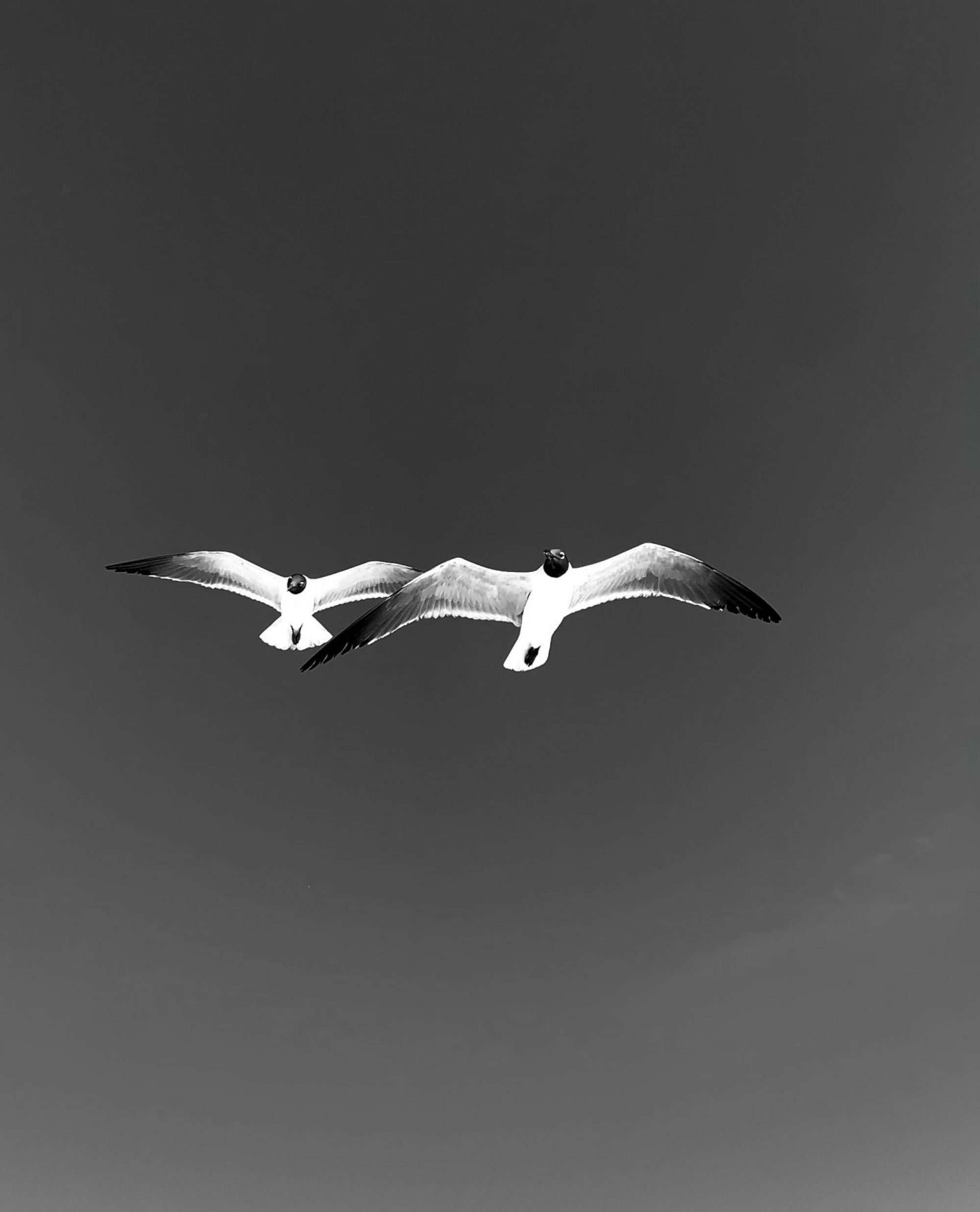
Ideas realized

To which self grasp? Of yesterday? Yesteryear or more? Thee steadfast or thee who lapses? How much peripheral, of what core? To which self grasp? And what for?
At all time,
recall as you go about,
That in finite time,
soon even the stars
shall all go out.
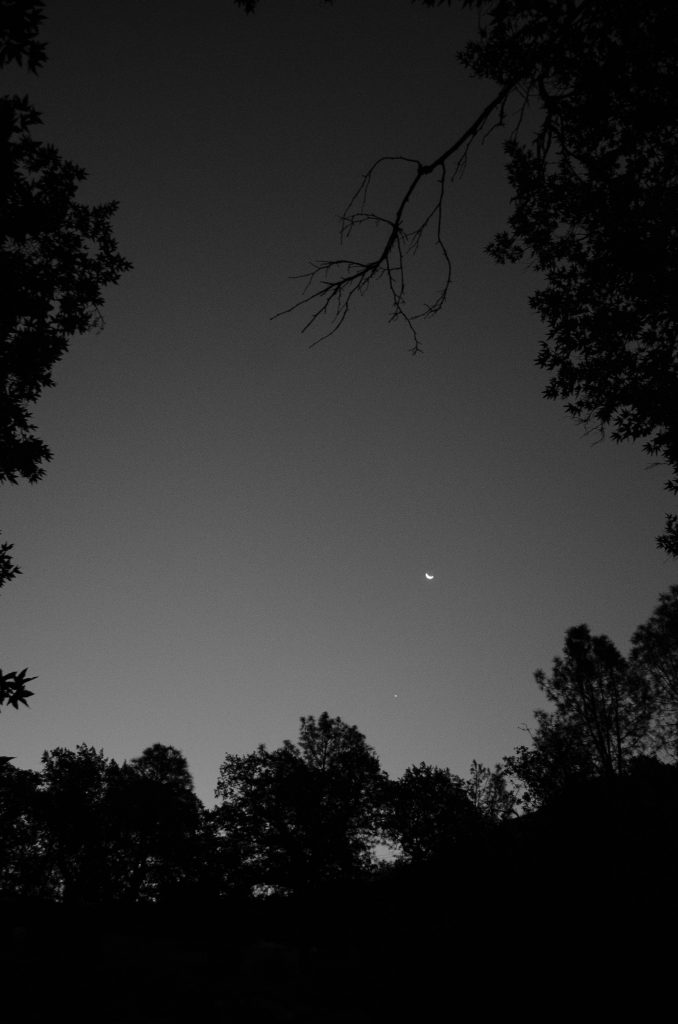
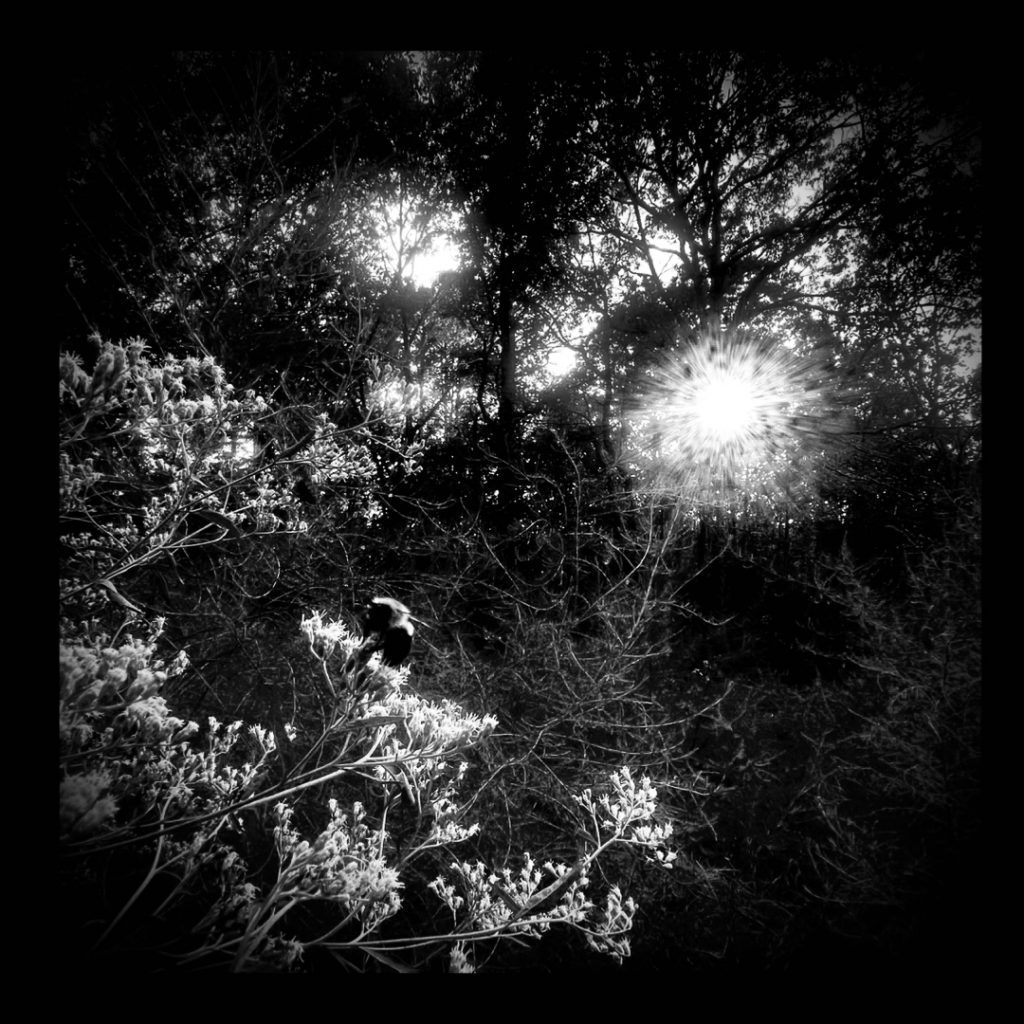
‘Neath autumnal shade, Hibernal solstice portend, Last feast before fast.
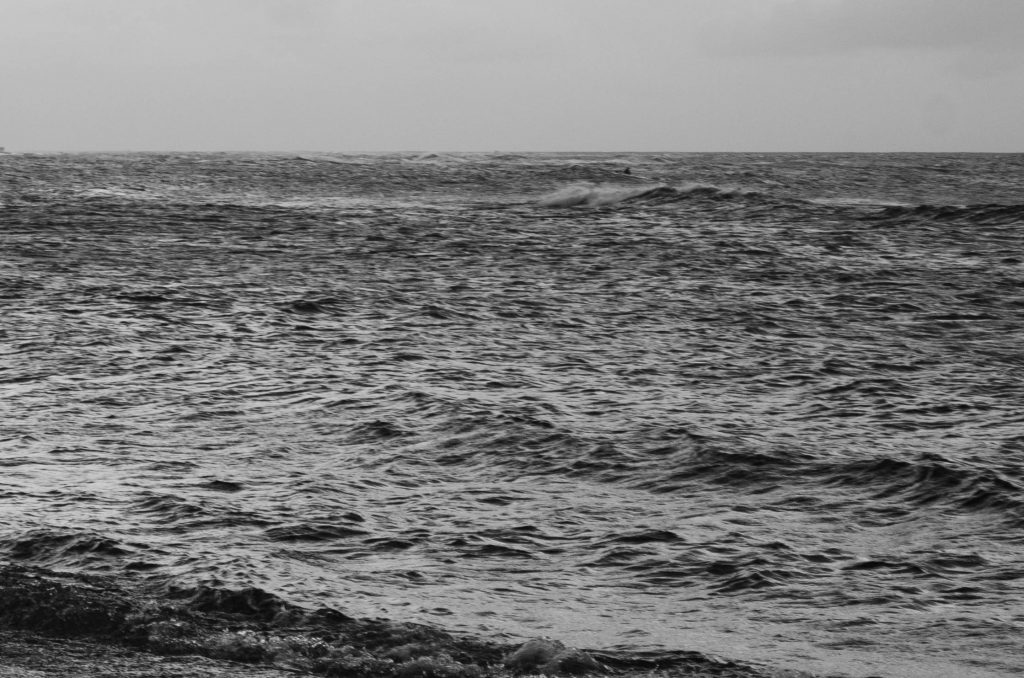
“… the dualistic appearances of delusion are the play on the surface of the mind, like waves on a deep and vast ocean… the uncontrived, nondual appearances of the nature of mind are the display of its innate creative dynamics, similar to the totality of water’s movement throughout the entire ocean.”
from “Milarepa’s Kungfu” by K. Brinnhölzl
“When we see the empty glass once filled with water we see just that, the empty glass once filled with water.”
“Yet, on deeper reflection comes realization that the empty glass once filled with water is remainder of thirst fulfilled.”
“Likewise, body bereft of spirit is not but reminder of the fulfillment of spirit, that only temporarily embodied its earthen vessel.”
“And as water freed eventually returns to the greater ocean, so too does spirit return to that greater, when freed of self-notion.”
“Mourn not for the body bereft of spirit but rejoice in the fulfillment of the spirit.”
”Do you understand?”
The student upon some reflection replies.
“Mourn not for temporal passing,
Find peace in that everlasting.
Realize the spirit ascending,
Fulfilled by transcending.”
“Good. Good. Very good.”
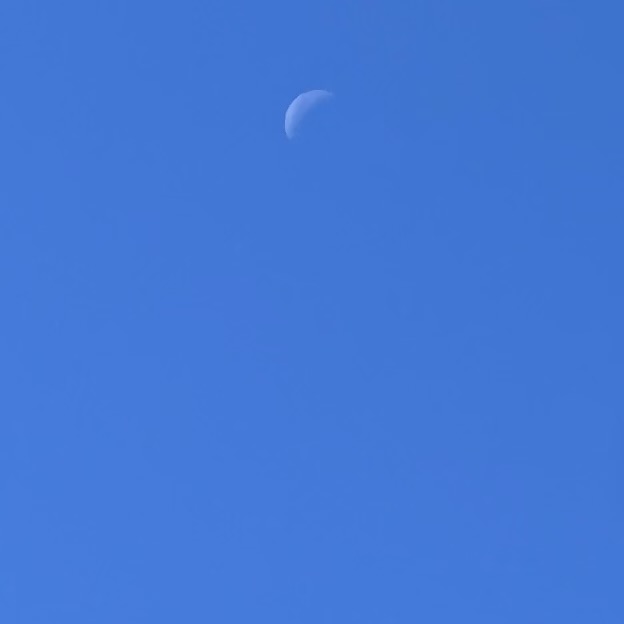
That conditioned presently, Shall be unconditioned inherently, What not subject to origination, What not subject to cessation? Thereof suffering persistent From attachment incessant.
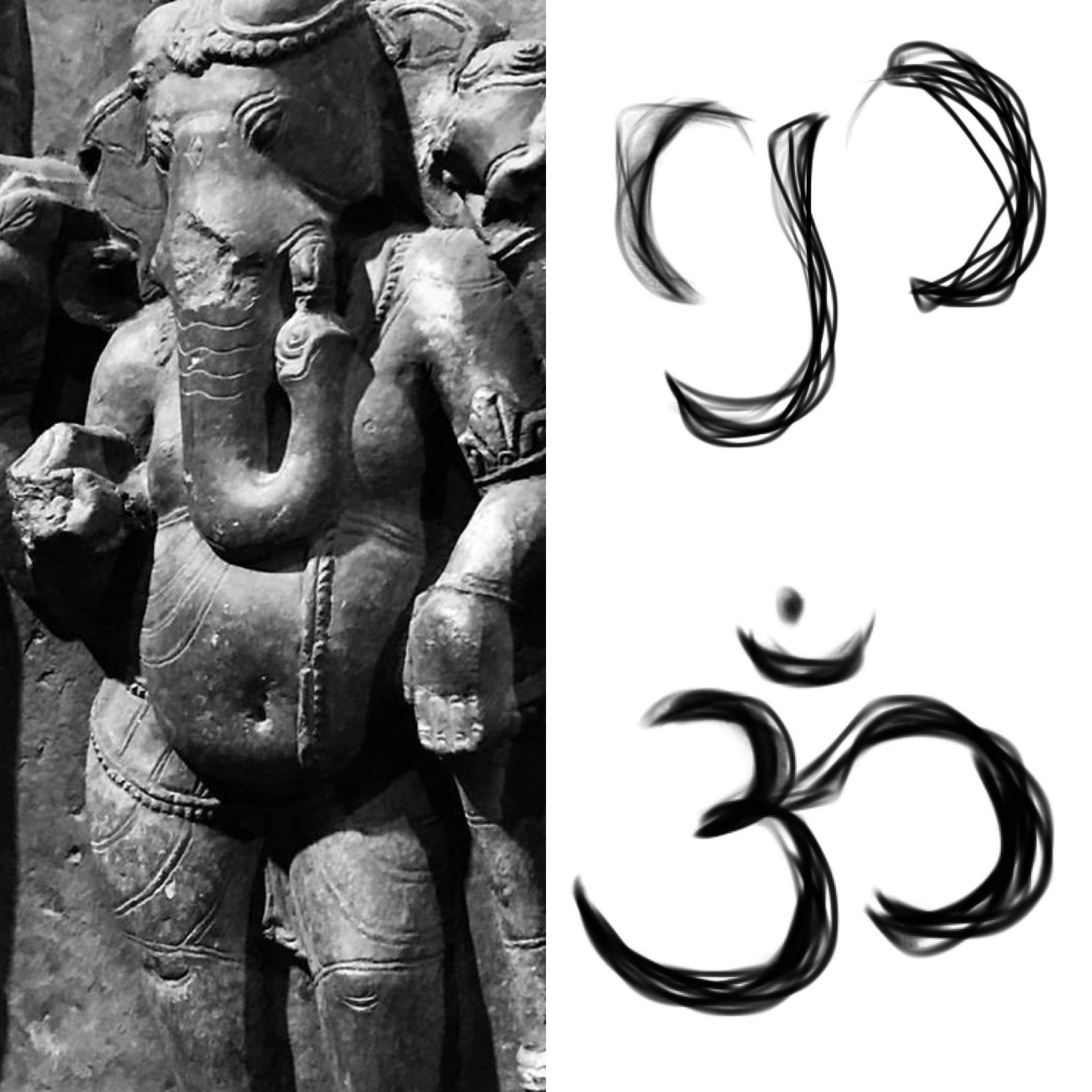
Guardian of the Threshold, Who watches over the door To Paravati and Mahadeva, behold The offerings I place before. The all encompassing sound, Syllable of bliss without bound, And expression of true intention.
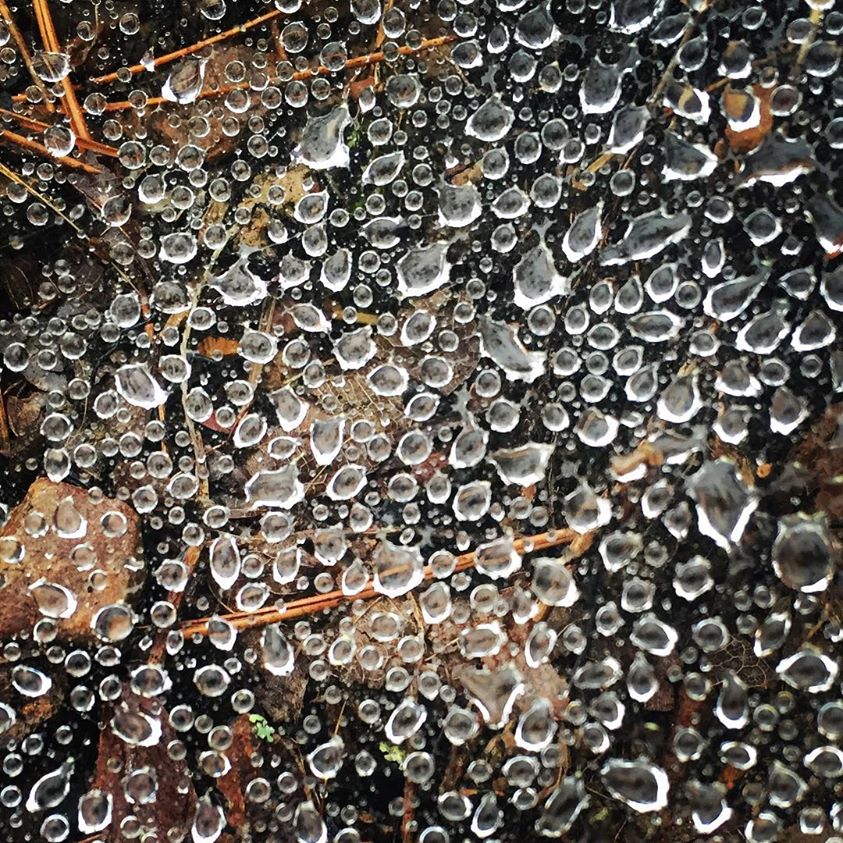
Stream of thoughts fall Like drops of rain. Ripples recall And reflect again. Quite them all, Let the mind reign.
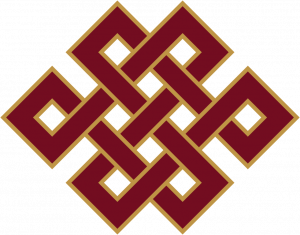
The Four Noble Truths, in twelve points, as foundation and framework of refuge (and practice):
1) This is suffering (to be understood)
2) This is the origin to suffering (to be abandoned)
3) This is the end to suffering (to be fully realized)
4) This is the way to the end of suffering (to be fully developed)
If empty self perceived, And selfless phenomena conceived, Who then would guide? And who on path proceeds? Who is it that strives? Though continuum remaining, Moment by moment changing, Between conceptions Clear perfection.